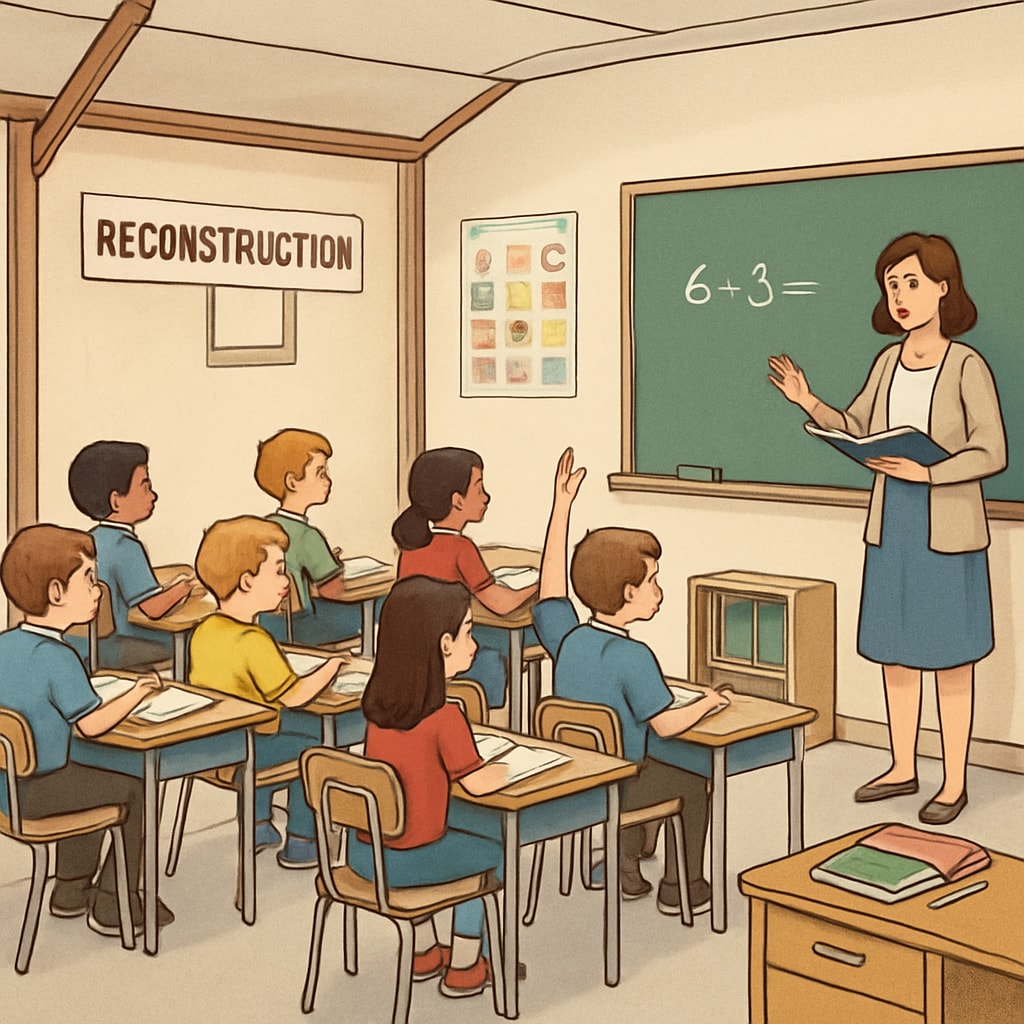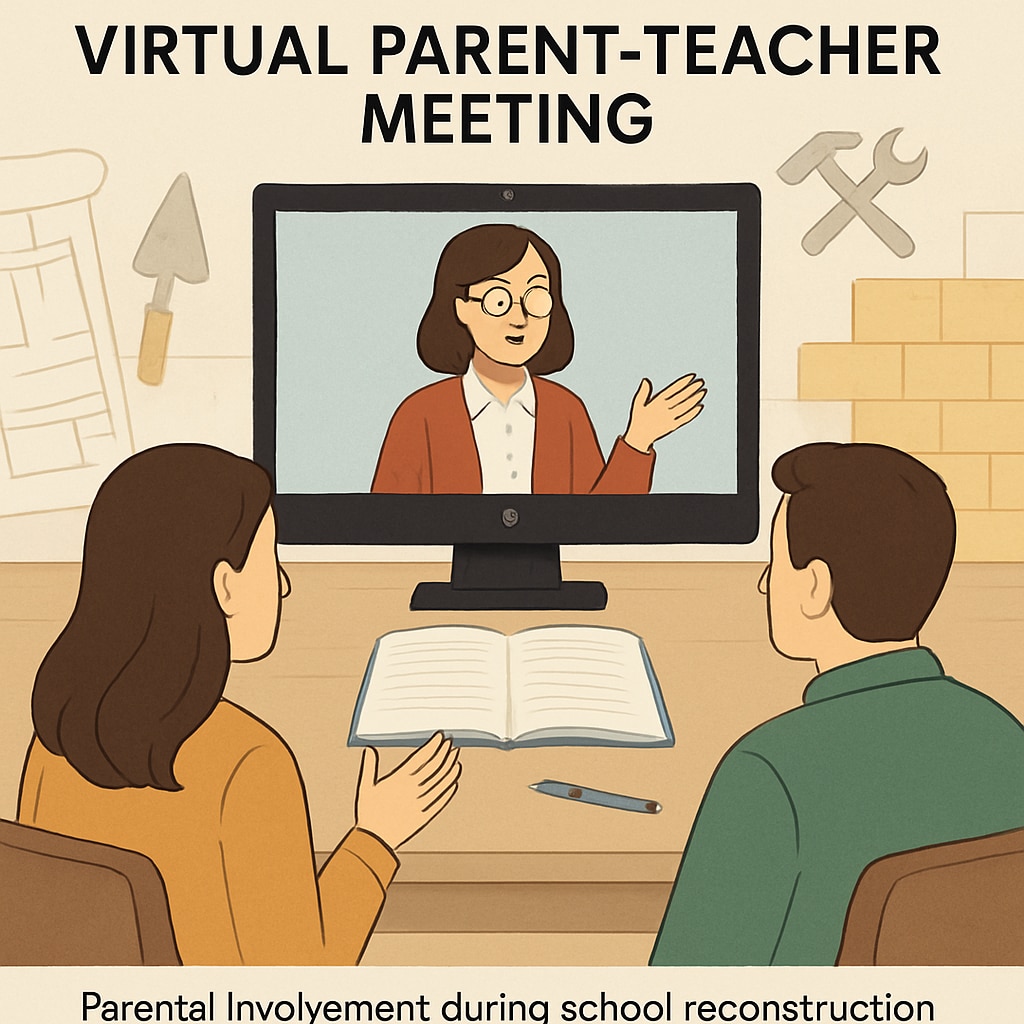When schools undergo reconstruction, the temporary changes in the campus environment can profoundly impact elementary school students. From reduced physical space to limited facilities and constrained parental involvement, these challenges often shape children’s learning experiences and emotional development. Understanding these effects and implementing solutions can help mitigate disruptions and support children during this transitional period.
Impact of Reduced Space and Facilities on Learning
During school reconstruction, temporary campuses often feature smaller spaces and fewer resources. These limitations can disrupt students’ typical learning routines. For example, overcrowded classrooms may lead to decreased focus, while the absence of specialized facilities like science labs or playgrounds may hinder holistic development.
- Academic Challenges: Limited access to essential tools and environments may reduce opportunities for hands-on learning, a critical component of elementary education.
- Emotional Impact: A cramped environment can create stress for younger students who rely on structured spaces for comfort.
- Social Interaction: Restricted communal areas can affect peer interactions, which are vital for developing social skills.

Parental Involvement: How Temporary Changes Make a Difference
Parental involvement is essential in elementary education, but temporary campuses often limit opportunities for engagement. Parents might struggle to participate in school activities due to logistical challenges or restricted access to the temporary site.
According to Britannica’s insights on parental involvement, active participation in school events enhances children’s academic and emotional outcomes. However, during transitional periods, schools must find creative ways to maintain parent-teacher communication and involvement.
- Virtual meetings and events can bridge the gap during periods of restricted physical access.
- Regular updates and newsletters ensure parents remain informed about their child’s progress and school activities.
- Flexible volunteering opportunities allow parents to stay engaged despite logistical challenges.

Strategies to Support Elementary Students During Campus Transition
Ensuring a smooth transition during school reconstruction requires proactive collaboration between educators, parents, and administrators. Schools can adopt several strategies to support students and mitigate adverse impacts.
- Open Communication: Regular updates about the progress of reconstruction help students and parents feel more connected to the process.
- Flexible Learning Solutions: Mobile classrooms and outdoor learning spaces can provide creative alternatives to traditional setups.
- Counseling Services: Offering emotional support ensures children cope well with changes in their learning environment.
- Parental Workshops: Educating parents on how to support their children during transitions fosters a stronger home-school partnership.
As noted by Wikipedia’s overview of elementary education, early education is a critical period for both academic and emotional growth. Addressing temporary disruptions with effective solutions ensures that children continue to thrive despite environmental changes.
Long-Term Lessons from Temporary Changes
While temporary changes in school environments during reconstruction can seem disruptive, they also offer valuable lessons in adaptability and resilience. By fostering an open dialogue, creating innovative solutions, and maintaining strong parental involvement, schools can turn these challenges into opportunities for growth.
Ultimately, the success of this transition lies in collaborative efforts between educators, parents, and students. With strategic planning and proactive measures, temporary environments can be managed effectively, ensuring that children continue to enjoy a positive and enriching elementary school experience.
Readability guidance: This article uses short paragraphs and concise sentences to improve clarity and engagement. Lists summarize key points, while external links provide authoritative references.


